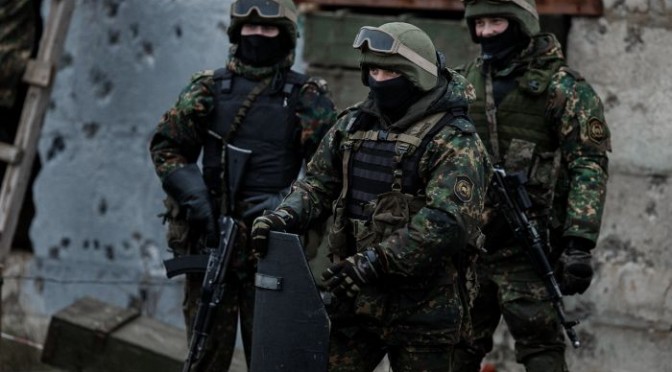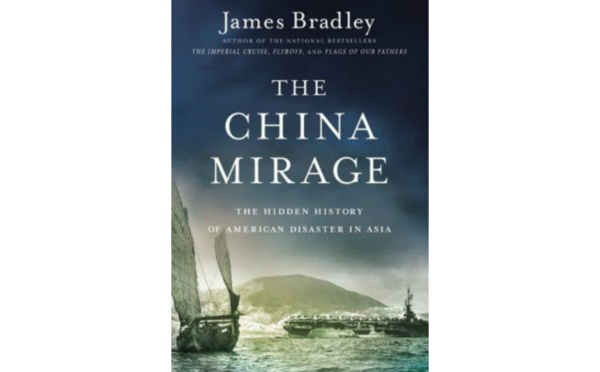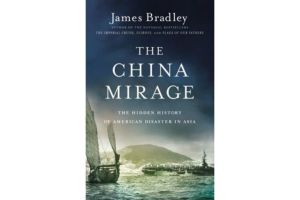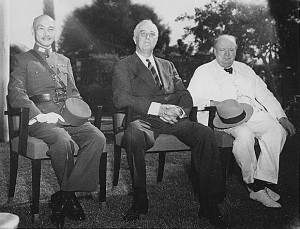By Jack Hays
Let’s briefly discuss the Russian expeditionary force in Syria and the European refugee crisis, because from a systems standpoint they are both emanations of the same phenomenon.
The great challenge of international relations and national security is to maintain a system in being: specifically, defending a global order presided over and more or less guaranteed by the United States, while preserving a toleration for the inevitable dynamism of that system. American hegemony will not last if it is expressed as a frozen status quo, nor if it sees an absence of American engagement. The problem is that American policymakers understand this rather poorly.
Two sorts of arrogance have characterized the American approach to this systemic-preservation imperative in this century. The first was the belief that American systemic hegemony was sufficient to impose outcomes on individual subsets of that system without accounting for their own dynamism. This brought us the outcomes we saw in Iraq and Afghanistan. The second, succeeding the first and in reaction to it, was that American systemic hegemony on its own — absent deliberation and engagement — was sufficient to defend America and its core interests from the consequences of unattended disorder in those same subsets of the system. This brought us the outcomes we see in Syria and Europe, and deserves some exposition.
Both types of hubris were on display in the September 2013 Syrian crisis, in which the President of the United States first declared that America would make war on the Assad regime (type one, determinative arrogance), and then declared that it was not necessary to make war on the Assad regime (type two, the arrogance of self-sufficiency). Having declared enmity against a power engaged in an existential struggle, and then having failed to act upon that enmity, the United States reaped all the disadvantages of antagonism with none of the potential advantages. One specific disadvantage it relinquished was the friendship of that power’s own enemies, all of whom perceived that alliance with the Americans would yield no positive outcomes. Those enemies instead turned to perceived-effective foes of that power, among whom the radical Sunnis of Al Qaeda and (arguably worse) ISIS emerged as chief. Further muddying the waters have been American efforts to placate the Assad regime’s major ally and sponsor in Iran, guaranteeing that no anti-Assad force in its right mind will trust us — and in fact many believe we are secretly in league with their antagonists.
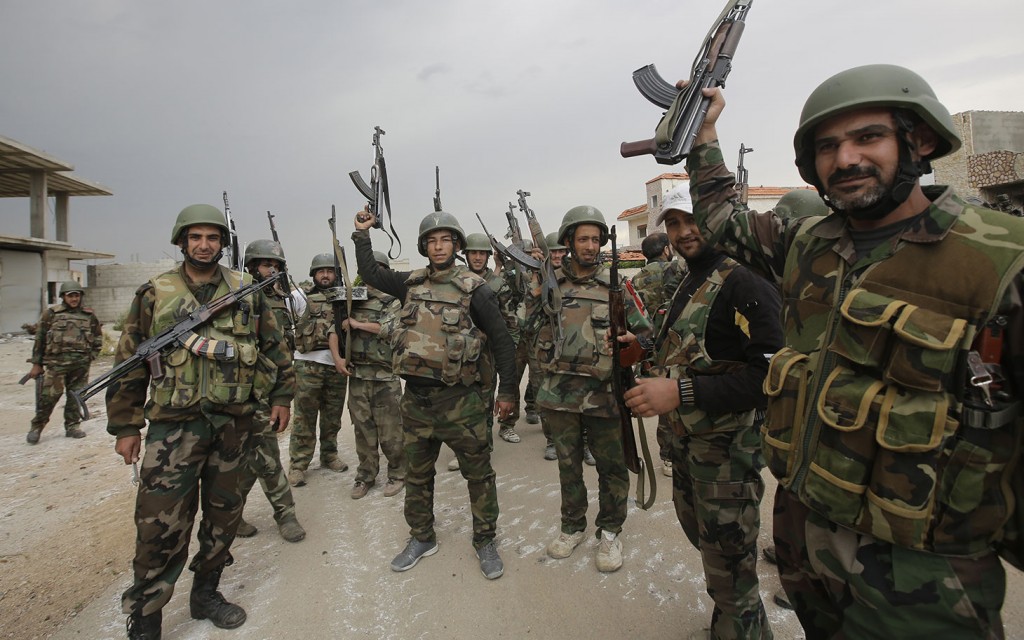
The outcomes in Syria ought to be a testament to the futility of existing policy. Disorder in the system, left unattended, has spread as entropy does. The Assad regime, once perceived as the worst player in the region — or the system’s local minimum — is now arguably the best, and inarguably not the worst. Disengagement has completely failed for all parties, as disorder emanates to Europe in the form of refugee flows, and to America as a challenge to its hegemony with the dispatch of a Russian expeditionary force. The refugee crisis is a rebuke to the Europeans, who pay the price of freeloading off an American-led order (and therefore suffer when the Americans refrain), and also (along with the Greek crisis) seen their continental union project exposed as mostly a superstructure for the benefit of elites. European separation from the broader system has failed. Similarly, Americans are learning that their disinterest in war does not diminish war’s interest in them.
It is worth noting that the Russian expeditionary commitment to Syria may be, given visionary strategic leadership, a master stroke. (That given is of course not a given where the Russians are concerned.) The narrative roles the Russians have the potential to fill are a cornucopia of goodwill-generating engagements: defender of Christians, destroyers of ISIS, vigorous great power, guarantor of order, ender of refugee flows, et cetera. Every single one of these narrative roles is in direct contrast to American and European actions (or more properly inactions), and have the added benefit of likely commanding the sympathy of significant minorities within both populations. Russia is not well-equipped to pacify a fractious nation of 20 million people — but it is eminently qualified to ruthlessly crush a local faction, and that is all that matters here. A task leveraging the player’s strengths with such massive prospective benefits embedded in the narrative flaws and faulty assumptions of strategic rivals is either the result of strategic genius — or stupefying luck.
Here’s the bottom line: both conceits that have governed the American approach to foreign engagement are false. Entropy extends throughout systems, and one does not get to secede from them as situations demand. We cannot impose control upon dynamic systems. Nor can we secede from those systems and their effects. We are all part of a gigantic meta-system, as a nation and a people, and so our charge is to see to its continuance. That does not mean decisive engagement or disengagement. It means entanglement and — this is unpopular and opaque — maintenance. It means we venture abroad, not to decide and direct, but to contend and affect. It means that sometimes the choice is between dangerous great-power opportunism and catastrophic migrations on the one hand, and desultory and interminable expeditions to strange lands on the other.
This is the logic of hegemony and the nature of systems, and it is therefore what we must do. The tragedy is that a democratic society bottle-fed a narrative of “progress” is increasingly unable to do it.
Jack Hays is a pseudonym of a public-policy professional and amateur Russophile. See his 2014 analysis of the Crimean annexation here.

